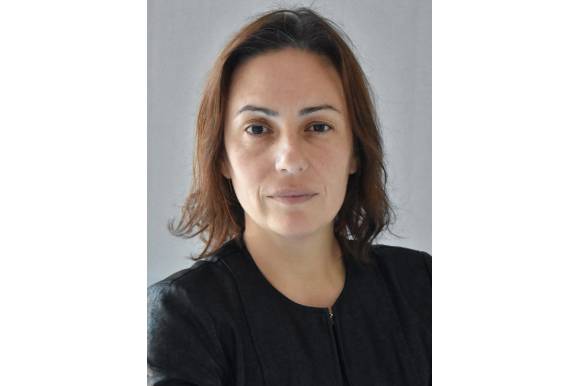 Aleksandra Božović holds a degree in Management in Culture and Media from the Academy of Arts in Belgrade. During her 17-years long career, she has been manager of cultural institutions and producer on several film and TV projects.
Aleksandra Božović holds a degree in Management in Culture and Media from the Academy of Arts in Belgrade. During her 17-years long career, she has been manager of cultural institutions and producer on several film and TV projects.
FNE: What are your long-term goals as the new manager of the Film Centre of Montenegro?
Aleksandra Božović: Empowering the support system for projects with international potential is one of the fundamental goals. This implies continuous networking with the region, Europe and the world. The goal is to make Montenegro a stable partner in the widest possible range of segments of cinematographic activity. Long-term plans are primarily related to strengthening support for coproductions, film promotion, professional development of our film sector, film education, as well as the visibility of film locations in Montenegro.
Only by nurturing partnerships in these areas of cinema can we expect the continuous development of our film potential. These are parameters that show the level of success of the Film Centre of Montenegro in carrying out its mission.
FNE: What do you consider your biggest challenge?
Aleksandra Božović: The global cinema is facing problems caused by the Coronavirus pandemic, so it is very clear that there are numerous challenges for all of us. It is also clear that we are working in completely changed conditions, where the film is still adapting to new circumstances. This is especially challenging for small cinema systems, such as the Montenegrin one, so it is important to tackle the implementation of stable models for maintaining and improving the quality and visibility of our films. As the director of the Film Centre, I will try to make this institution the first support in that mission.
FNE: How do you see the Montenegrin cinema nowadays?
Aleksandra Božović: The position of Montenegrin cinema in Europe and beyond has been seriously strengthened by the establishment of the Film Centre and the Film Fund. In the previous four years, a functional and potent system was set up, which has already brought significant results. They are reflected in quality films by Montenegrin authors and their notable successes at international festivals and industrial programmes.
We also see results in the improvement of the skills of our professionals, the increase in the number of production companies, as well as in the ever-improving network of contacts, partners, coproductions, and cooperations that make the Montenegrin film community an important part of European cinema. Therefore, I see Montenegrin cinema today as a professional community that has yet to show the true strength of its potential.
FNE: How do you think the Montenegrin cinema will look five years from now?
Aleksandra Božović: The first years of the Film Centre's activities were the years of development and successful establishment of modern cinema, which connected with Europe and the world in a short time. We are facing the task of expanding the network of partners, all with the vision of encouraging the role of film capacities from Montenegro on the international level. If we manage to keep things vital in these challenging times, in the next five years we can expect this small cinematography to be internationally recognisable for its high quality films and unique filming locations.
FNE: How important is it for Montenegro to coproduce with neighbouring countries?
Aleksandra Božović: Coproductions with the countries of the region are the key to creating internationally potent projects that give each side a chance to promote their cinema beyond their borders. It is necessary to use the good networking we have with neighbouring countries and work together on film projects to reach new partners from Europe and the world.
Our region is really specific, and only together can we make that cultural uniqueness visible enough. After all, coproductions are equally important to us and our neighbours, because it is a good way to open the doors of funds, expand the visibility of projects and strengthen the regional film community. That is one of the things in which I see the future of the development of Montenegrin cinema.



















